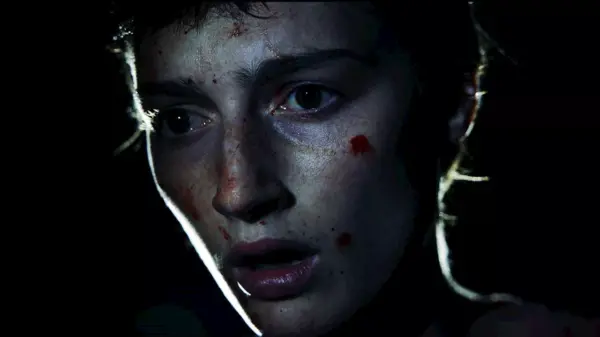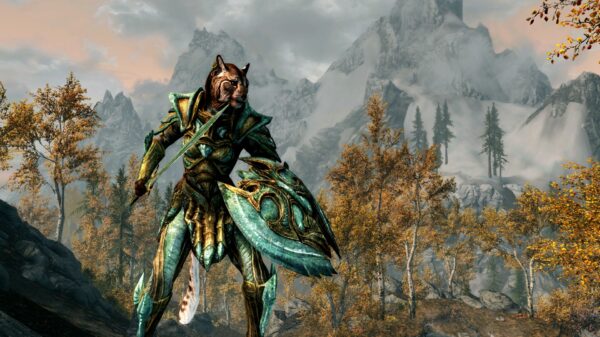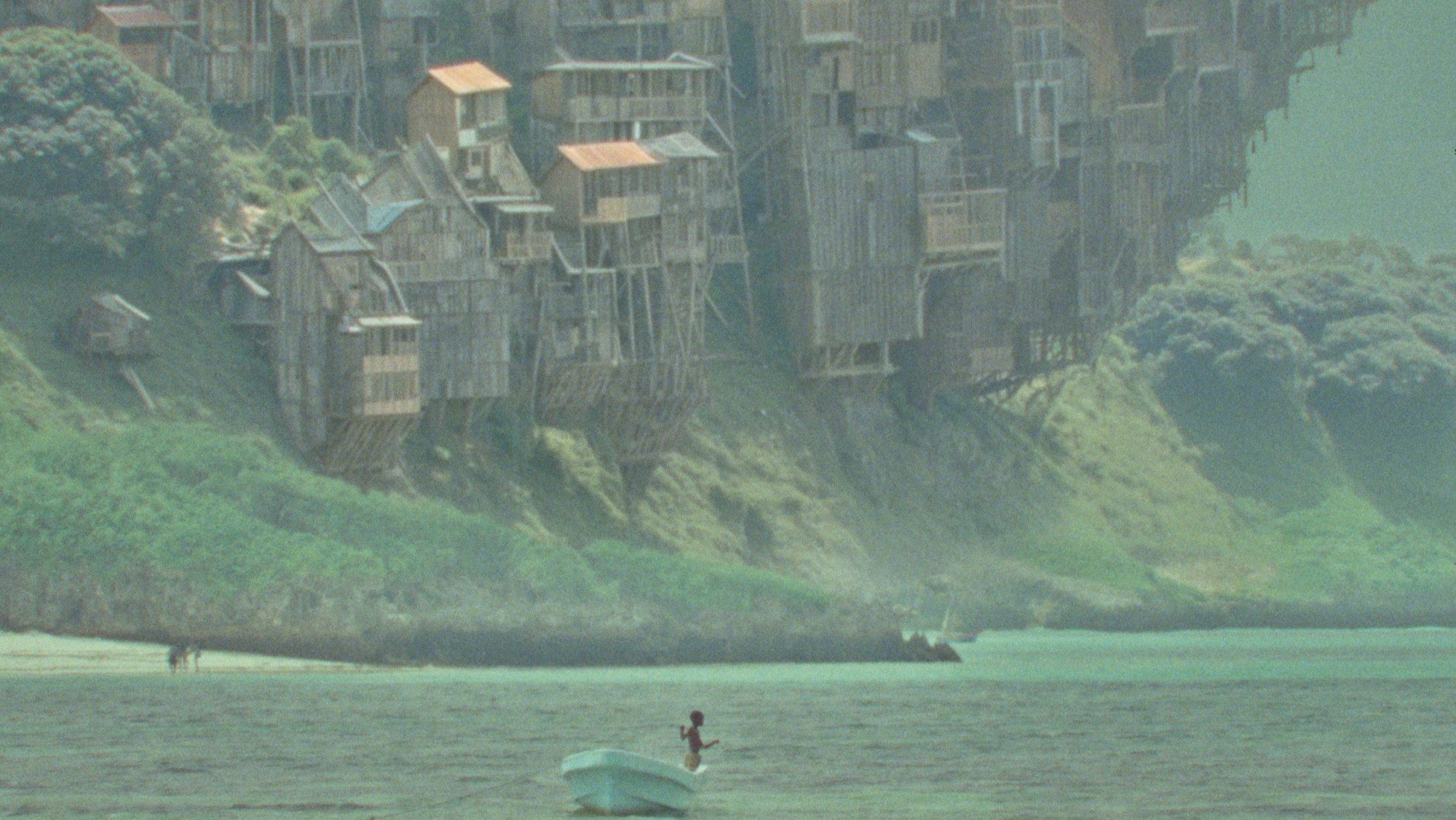Swiss-Kenyan filmmaker Damien Hauser premiered his latest feature, Memory of Princess Mumbi, at the Giornate Degli Autori, a parallel section of the Venice Film Festival. This unique sci-fi romance mockumentary explores themes of memory, happiness amidst tragedy, and the significance of everyday moments. Following its world premiere, the film is set to screen at the Toronto International Film Festival starting on September 8, 2023.
The narrative takes place in the year 2094, where aspiring director Kuve, portrayed by Abraham Joseph, documents the aftermath of a devastating conflict known as the Great War of the 2070s. Instead of uncovering despair in the war-torn region of Umata, Kuve discovers a village that has found peace, guided by the character Mumbi, played by Shandra Apondi. The film also features Samson Waithaka as a prince who complicates the romantic dynamic, creating a love triangle.
AI as a Tool for Creative Expression
Hauser’s incorporation of artificial intelligence into Memory of Princess Mumbi has sparked discussions about the role of AI in filmmaking. He explained that his initial experimentation with AI was casual, driven by curiosity. “I was generating a lot of AI images just for fun and to see what is possible,” he shared. As his project evolved, he sought to connect AI to the film’s themes, asserting that he aimed to create something AI could not replicate, as it typically draws from existing films.
When asked about the ongoing debate surrounding AI’s impact on creativity, Hauser acknowledged its current status as a tool for filmmakers. “I have been making films since I was 7. I didn’t have the tools back then, but now everything becomes easier,” he noted. While he expressed concern about the potential for AI to replace certain jobs in the industry, he remains optimistic about the unique value artists bring to storytelling. “Even if AI creates the ‘perfect movie,’ we will always yearn for something new,” he added.
Editing and Future of African Cinema
Hauser described the editing process for Memory of Princess Mumbi as an intensive journey. He began editing in February 2022 and only recently completed the post-production phase. “I had over 44 hours of footage with diverse scenes and conversations, which allowed me incredible freedom in editing,” he explained. This lengthy process involved reshaping the narrative continually, ensuring the final cut maintained engagement.
Regarding the film’s stylistic influences, Hauser emphasized that he did not set out to align with Afrofuturism or emulate major productions like Black Panther. Instead, he views his work as a distinct African sci-fi film, prioritizing experimentation over mainstream appeal. “If I could use AI as a tool, I would have complete freedom to create something very niche,” he stated, highlighting the potential for diverse narratives emerging from the African continent.
Hauser expressed excitement about the future of African cinema, suggesting that as access to AI and filmmaking tools expands, a new wave of stories will emerge. “Once people can tell their own stories, there will be so many unique perspectives and narratives,” he concluded, indicating a hopeful outlook for the evolution of film in Africa over the next two decades.








































































